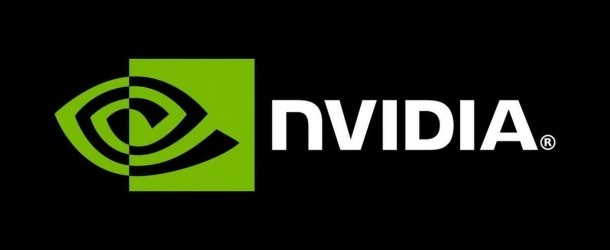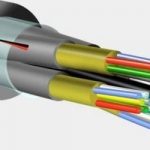Menten AI is Nvidia’s latest cuQuantum user

Nvidia, which has been working its way into the quantum computing sector over the last year and recently sent a speaker to IQT’s Quantum Enterprise event in San Diego, announced this week at a different event – the International Supercomputing Conference – that Menten AI is the latest company to leverage Nvidia’s cuQuantum software libraries for simulation projects.
Menten AI, which has been active on quantum projects related to drug discovery and design, will use cuQuantum’s tensor network library to simulate protein interactions and optimize new drug molecules, Nvidia said. It aims to harness the potential of quantum computing to speed up drug design, a field that, like chemistry itself, is thought to be among the first to benefit from quantum acceleration. Specifically, Menten AI is developing a suite of quantum computing algorithms including quantum machine learning to break through computationally demanding problems in therapeutic design.
“While quantum computing hardware capable of running these algorithms is still being developed, classical computing tools like Nvidia cuQuantum are crucial for advancing quantum algorithm development,” said Alexey Galda, a principal scientist at Menten AI.
Menten AI and Nvidia also have another partner in common, as the drug science firm already was using Xanadu’s PennyLane software.
The Menten AI relationship serves as another highlight of how Nvidia is trying to enable closer integration between quantum processors and classical high-performance computing processors, namely the graphic processing units that Nvidia traditionally is known for and or central to many new supercomputer projects. The company also has been adding software tools to help create a common language and programming foundation for classical and quantum computers.
Ian Buck, vice president of accelerated computing at Nvidia, said during an address at ISC this week, “We’re still decades away from a quantum computer, or at least one that’s practical enough to apply to large scale science problems. But the supercomputers of today can be a critical tool in evaluating and exploring and redefining what computer science means… and being able to apply quantum computing techniques to some large-scale problems. Supercomputers today can be that proxy for quantum computers.”
This echoes comments made by Sam Stanwyck, senior product manager for quantum computing software at Nvidia, at the IQT event a few weeks ago.
He said then, “High performance cloud computing is essential for making progress in quantum computing today, and it’s going to only become more important and more tightly intertwined as we move forward… Where we want to get to is a tightly coupled quantum-classical compute node, where we’re using GPUs for the optimization steps that GPUs are really good at and for the error correction decoding. And all of that is connected with very low latency to a quantum computer, maybe in a hybrid quantum data center.”
Dan O’Shea has covered telecommunications and related topics including semiconductors, sensors, retail systems, digital payments and quantum computing/technology for over 25 years.



















